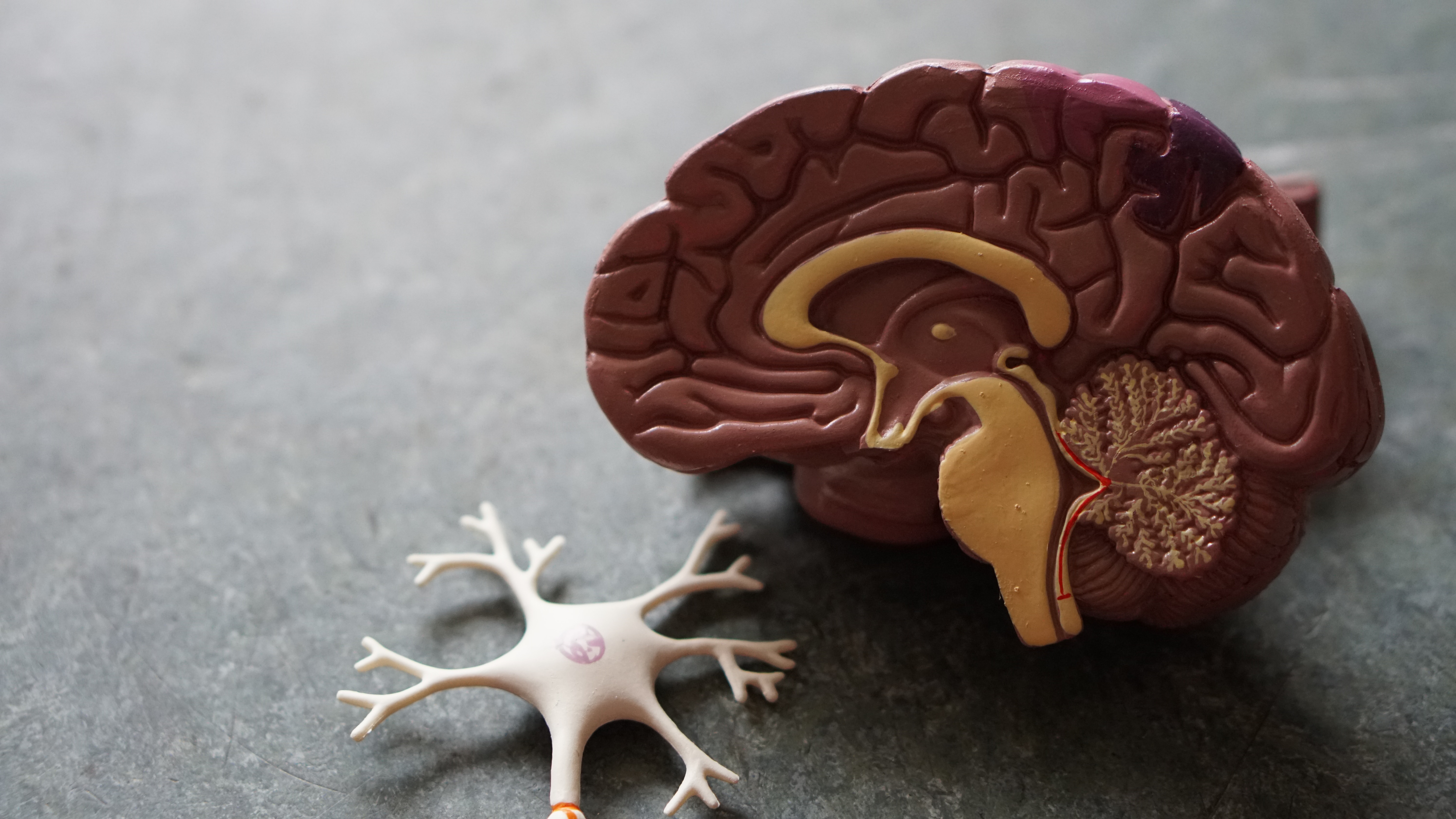News release
From:
Attachments
Note: Not all attachments are visible to the general public. Research URLs will go live after the embargo ends.

Research
, Web page
Please link to the article in online versions of your report (the URL will go live after the embargo ends).

Editorial / Opinion
Massachusetts Medical Society, Web page
Please link to the article in online versions of your report (the URL will go live after the embargo ends).
Journal/
conference: New England Journal of Medicine
conference: New England Journal of Medicine
Research:Paper
Organisation/s:
Washington University School of Medicine, USA
Funder:
Funded by F. Hoffmann–La Roche



 International
International


